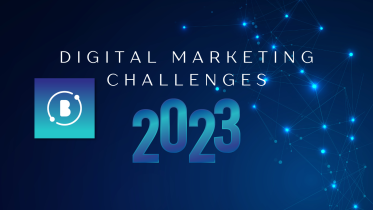
It’s the Christmas 2023 advert round-up time!
While it’s not illegal to use a web traffic generator it’s something that businesses who want to protect their brand should shy away from.
Web traffic bots are computer programs that can be launched on a network to artificially create traffic on websites and social media. They’ve become more prominent in recent years, but web traffic generators first appeared in the mid 2000s.










